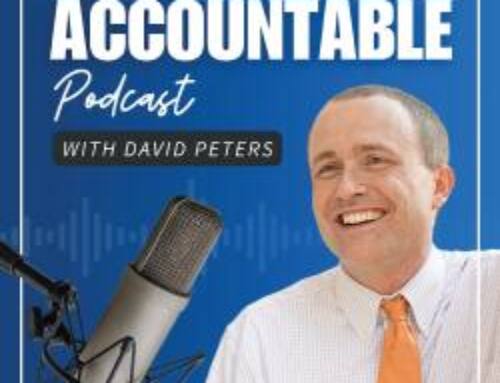With SCACPA member support and the efforts of volunteer leaders, South Carolina CPAs scored a major victory at the State House.
On Thursday, May 5, the South Carolina House of Representatives passed Senate Bill 812, commonly known as the CPA Practice Act. This multi-year effort was spearheaded by a dedicated team of task force leaders, including David Knoble, Cheryl Lang, Walda Wildman, Donny Burkett, and Tim Baker. Unlike previous changes to the Practice Act, S.812 was designed to be a complete review and modification with overarching goals to:
- Provide clarity to licensees through concise definitions
- Provide transparency regarding Board decision making and rulings
- Remove barriers to licensure and renewal
- Allow inclusion of changes to standards from outside regulators as they are codified
- Reduce administrative burdens on Board of Accountancy Staff
- Remove the three-year reporting cycle for ethics, and report ethics as part of the normal CPE reporting cycle
This bill included nearly 40 updates to the code. The lift involved to achieve success was heavy, and I am grateful to have you among our involved and dedicated members. You strengthened the voice of the CPA profession at the State House, which significantly enabled this bill to move through the legislative process.
This was not a lone effort by SCACPA, several groups were involved in crafting these much-needed enhancements. The SCACPA Governmental Affairs Committee proposed several changes to the law related to the regulation of CPAs and Public Accountants. In drafting the updates, SCACPA conferred with several organizations and stakeholders, including NASBA, AICPA, Educators, SC Citizens, the business community, and, of course, your fellow CPAs.
The SC Board of Accountancy provided much-needed insight, feedback, and support. We also worked with the South Carolina Society of Accountants and The Accounting Coalition.
So often, advocacy stories are difficult to tell. Much of the work happens in the background, preventing harmful legislation from ever seeing a committee hearing. It’s rewarding when we can enact favorable legislation to benefit our profession, its future, and the entire business community.


